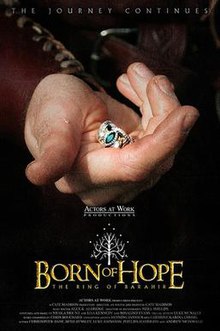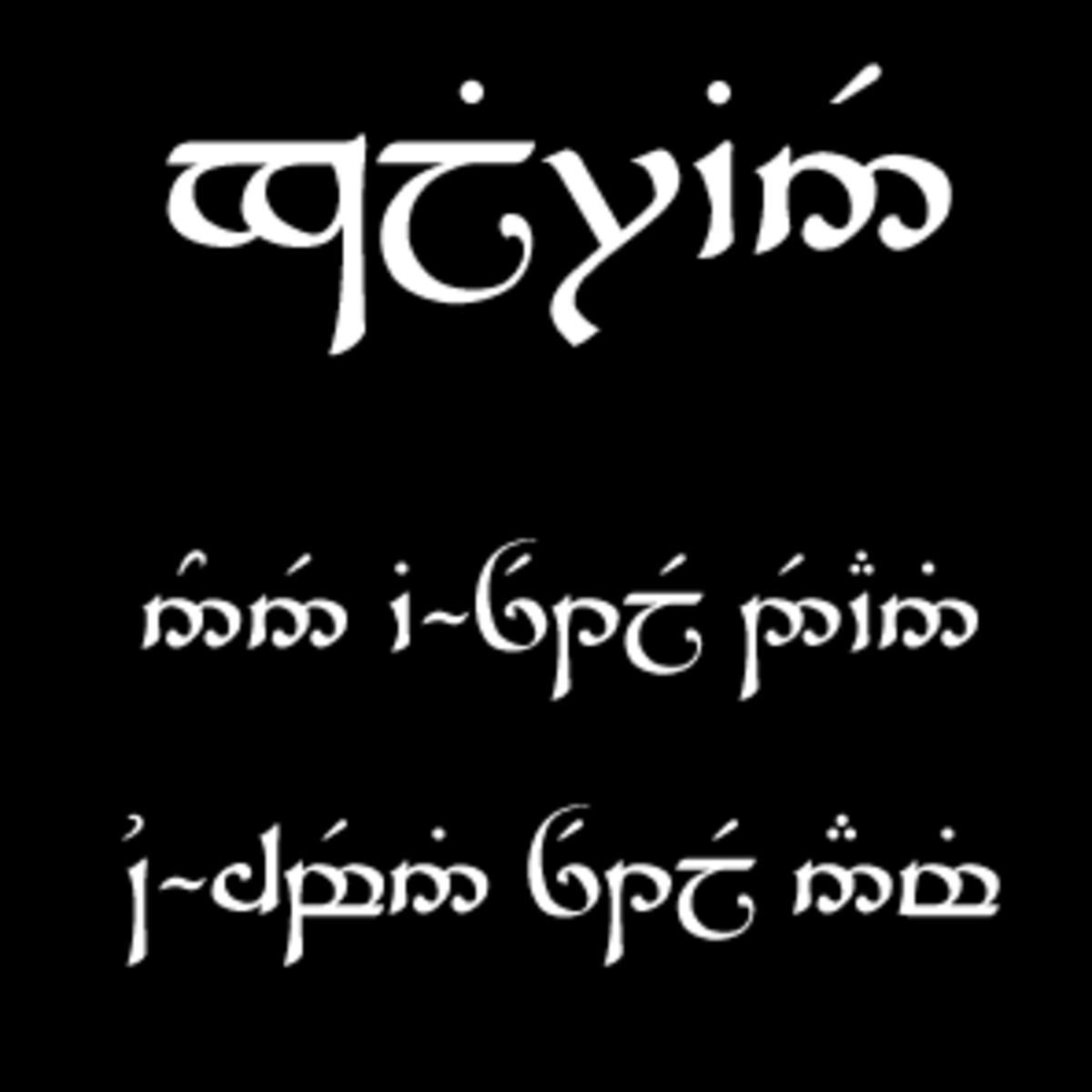My Thoughts
Earlier this year I listened to an interview of the editor, Lisa Yaszek, via a Wired Geek’s Guide to the Galaxy podcast (Episode 346), and I immediately added The Future is Female! to my TBR shelf. Months passed and I remembered to check the catalogs of the various libraries I patronize (recently increased to six cards with a trip to Lawrence last month). I was also recently challenged to increase the print materials circulation statistics of my closest library branch. A happy miracle occurred when I found The Future is Female! in the catalog of the Kansas City Public Library. A hold was placed and a few days later all eight requests, including this one, arrived at the Plaza branch for easy (translate that two ‘why did I forget my large tote bag at home?’) pickup.
I like reading anthologies; they are a great break for my usual longer epics. I can read a story or two a day, when I get up over my morning breakfast tea, or right before bedtime. Weekends, of course, I could squeeze in more stories. When I read a short story anthology, I post a GoodReads status update as soon as I finish it with a rating and any comments I have upon completion. Here’s an example status posted about “Space Episode” earlier this month:
Finished “Space Episode” (1941) by Leslie Perri (4 stars – very short but very impactful, almost gut wrenching) and “That Only a Mother” (1948) by Judith Merril (3 stars) — Nov 13, 2019 05:57PM
Jon Moss is on page 100 of 531
My Favorite Things
In the Contents listed above (thanks to the great community of editors at the Internet Speculative Fiction Database (ISFDB), I have added my rating in parenthesis with bold emphasis.
My top five stories from this anthology are:
- C.L. Moore’s “The Black God’s Kiss” (sword & sorcery & horror & adventure)
- “Baby, You Were Great” by Kate Wilhelm (this one really gets in your head, literally).
- Andre Norton’s “All Cats Are Grey” (space opera-ish but some hard SF)
- “Space Episode” by Leslie Perri (hard SF but with heart like only a woman can write it and experience it)
- And a tie between Joanna Russ’ “The Barbarian” (a nod to C.L. Moore’s Jirel with Russ’ Alyx – so more sword & sorcery & adventure but with some SF elements) and Doris Pitkin Buck’s “The Birth of a Gardener” (beautiful hard SF – again as only a woman can relate it).
I had previously read “The Black God’s Kiss” and “The Last Flight of Dr. Ain” (by Tiptree). Surprisingly, the latter did not hold up as well to a second read. It had shock value (sort of) the first time I read it, but the luster was gone on a re-read. I was also disappointed in the last story included in the anthology by le Guin. Again, it was probably groundbreaking at the time, but just didn’t wow me like some of her work does.
Some of these stories were my first exposures to the writings of these women. But many of them I have read numerous books by. I’ve read all of Marion Zimmer Bradley’s Darkover novels and short stories. I’ve read most of Ursula K. le Guin’s novels – Earthsea, of course, but also many of her famous science fiction novels. I’ve read most of C.L. Moore’s fiction, at least what I can get my hands on. Also Leigh Brackett, but I like her work less than CLM’s writing, which is very hard to put down. Another one I try to read but is often hit-or-miss for me is James Tiptree, Jr.
I’ve read a few novels by Andre Norton, but since I don’t care of young adult fiction, I skip most of her canon. Kate Wilhelm I discovered last year, listening to her only science fiction novel Where the Late Spring Birds Sing. I found that book thanks to a recommendation I found in a review by Jo Walton of a book on clones (Never Let Me Go) I was reading for one of my many book clubs.
Ad Astra Per Aspera
I read most of the biographical notes and found that at the time of publication, three of these amazing authors were still alive. However, upon closer examination this morning, it grieves me to relate that Carol Emshwiller, author if the intriguing “Pelt” tale, passed away on February 2, 2019. Katherine Maclean, author of “Contagion,” very recently passed on September 1, 2019. Which leaves Juanita Coulson (pseudonym John Jay Wells above on the story “Another Rib” co-authored with Marion Zimmer Bradley) as the last woman standing from this august company of pioneers.




















